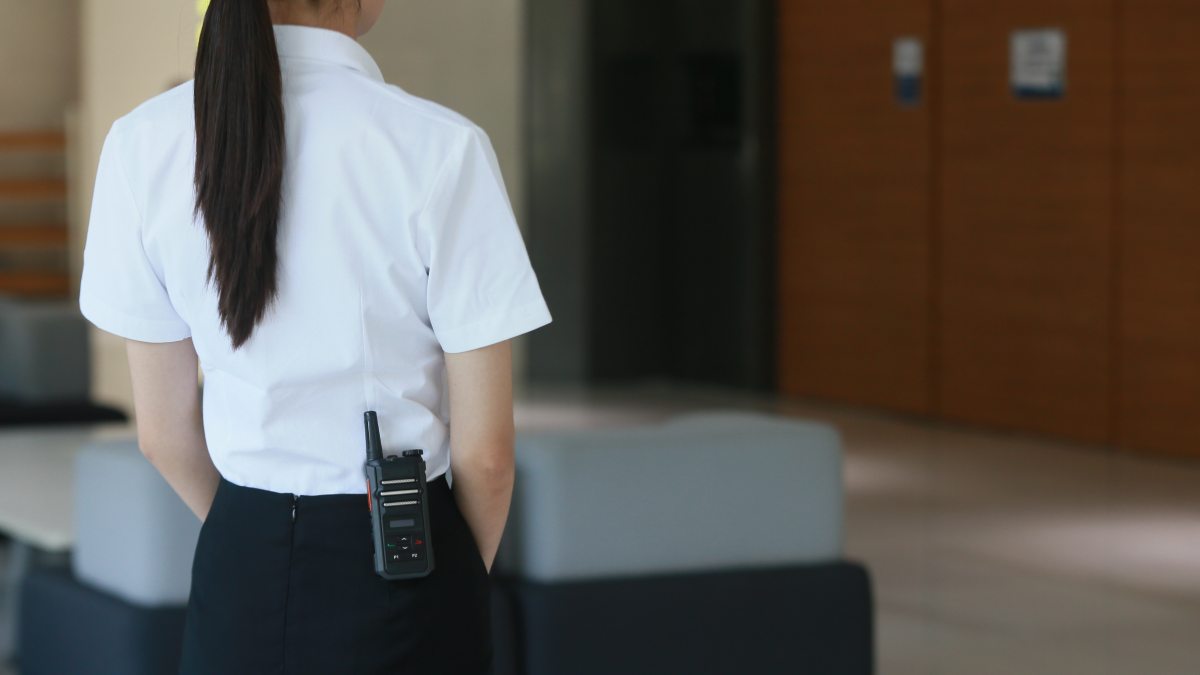Reveal: Is Two-Way Radio Harmful to Our Health?
Two-way Radio
Two-way Radios
A friendly reality check for anyone worried about “radiation” from radios
Let's be honest—at some point, we've all wondered: “Is this thing safe?” You're holding a two-way radio close to your face for hours during work, maybe clipped to your chest or sitting in your car's cupholder. And whether you're a security guard, a police officer, or just someone working with radios every day, that nagging thought might pop up: “Does it give off harmful radiation?”
I've heard this question from colleagues more than once, especially when people start comparing radios to mobile phones or even microwave ovens. So let's take a moment to unpack this fear, not with heavy scientific jargon, but with the kind of facts you can actually use to make informed decisions—and hopefully sleep a little better.

What Are We Really Talking About When We Say “Radiation”?
First off, not all radiation is the same. The term sounds scary, but in reality, radio waves are a form of non-ionizing radiation—which means they don't carry enough energy to damage your DNA or cells the way ionizing radiation (like X-rays or nuclear particles) can.
Two-way radios, just like your Wi-Fi router, Bluetooth headphones, and yes, your smartphone, emit this low-energy, non-ionizing radiation. It's used to carry voice or data through the air. So, the fact that a radio uses “radiation” isn't automatically a problem—it's more about how much, how often, and how close.
Are Radios More Dangerous Than Phones?
Actually, it's usually the other way around. Most two-way radios operate at lower frequencies and lower duty cycles than smartphones. That means they're not constantly transmitting like your phone does when streaming video or syncing cloud data.
Plus, two-way radios often transmit in short bursts—when you press the Push-To-Talk (PTT) button—rather than being “always on.” In many cases, people only transmit a few minutes of audio in an entire hour of use. So your actual exposure time is fairly limited.
Also worth noting: unlike phones, many radios are used with external speaker mics or earpieces, which naturally increases the distance between the antenna and your body.
What Do Experts and Regulations Say?
The good news? Regulatory agencies like the FCC (U.S.), ICNIRP (International Commission on Non-Ionizing Radiation Protection), and WHO (World Health Organization) have looked into this topic extensively.
They've set specific exposure limits—and all legally sold commercial radios must pass testing to meet these safety standards. If you're using a certified device from a reputable manufacturer, it has already gone through SAR (Specific Absorption Rate) testing to ensure it stays well within those safe exposure thresholds.
In fact, if you're using two-way radios from major brands like Hytera, HMF, those devices go through rigorous approval processes in each country (e.g., FCC ID, CE mark, SRRC certification).
So… Should I Be Worried?
Honestly? Not really.
Unless you're modifying your radio, using unapproved high-power transmitters, or keeping it pressed against your head for hours at a time (which most people don't), the health risk is considered very low to negligible.
If you still feel unsure, there are a few simple ways to reduce exposure even further:
• Use remote speaker microphones or earpieces
• Hold the radio a little away from your body when transmitting
• Avoid using uncertified or illegally modified devices
These small changes aren't just about safety—they often make your job more comfortable and efficient too.
Two-way radios have been in use for over 70 years, and to date, there's no solid evidence linking regular, proper use of licensed radios to serious health risks. Like any technology, they should be used responsibly—but there's no need to fear them. So next time someone asks, “Aren't you worried about radiation from that thing?”, you can smile and say, “Actually, I looked into it—and I'm good.”






